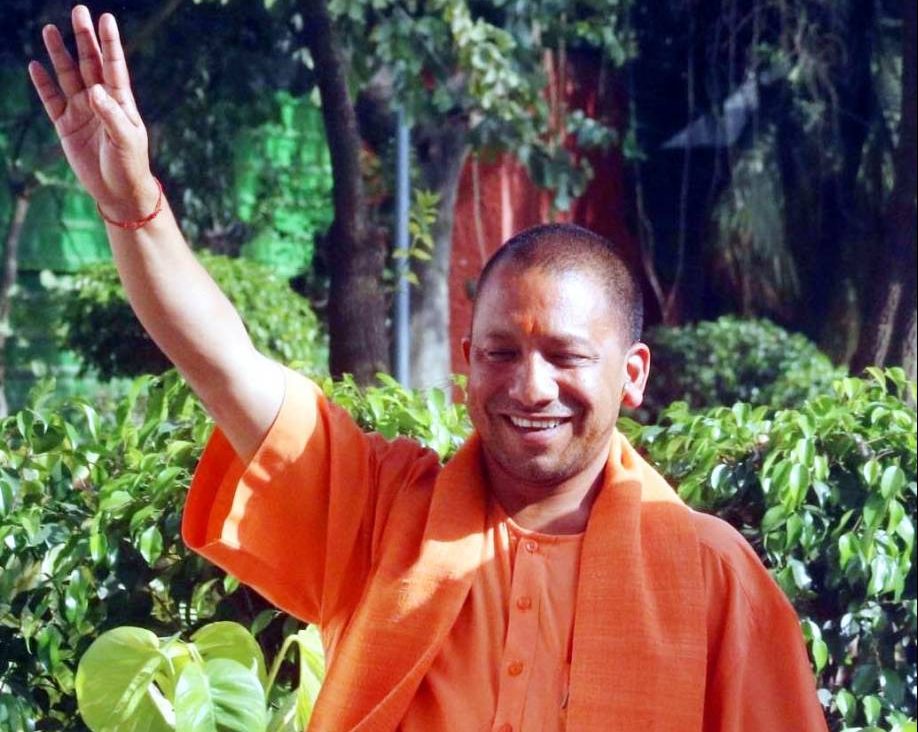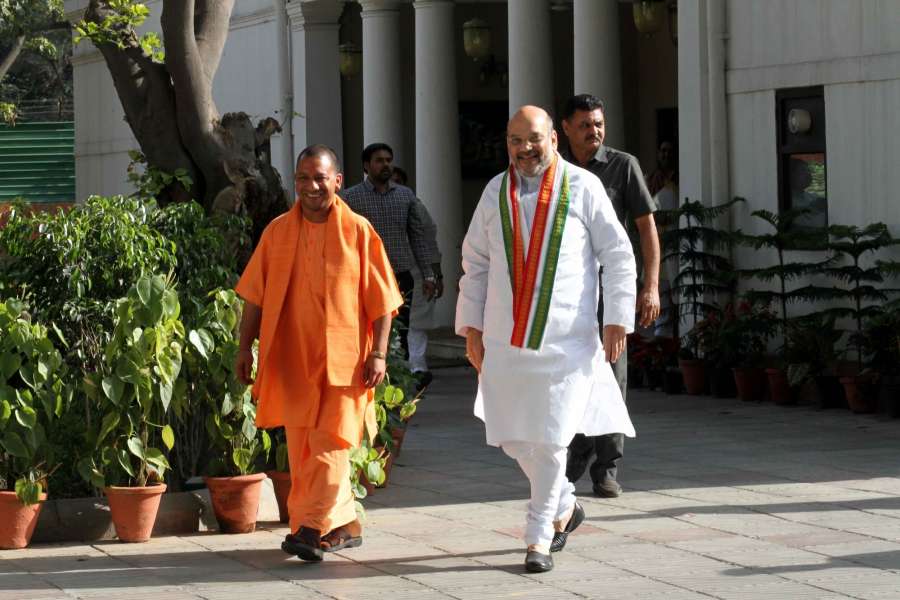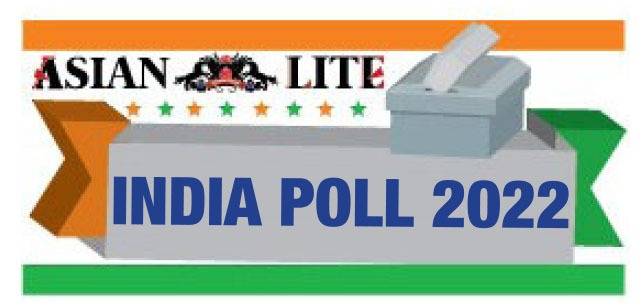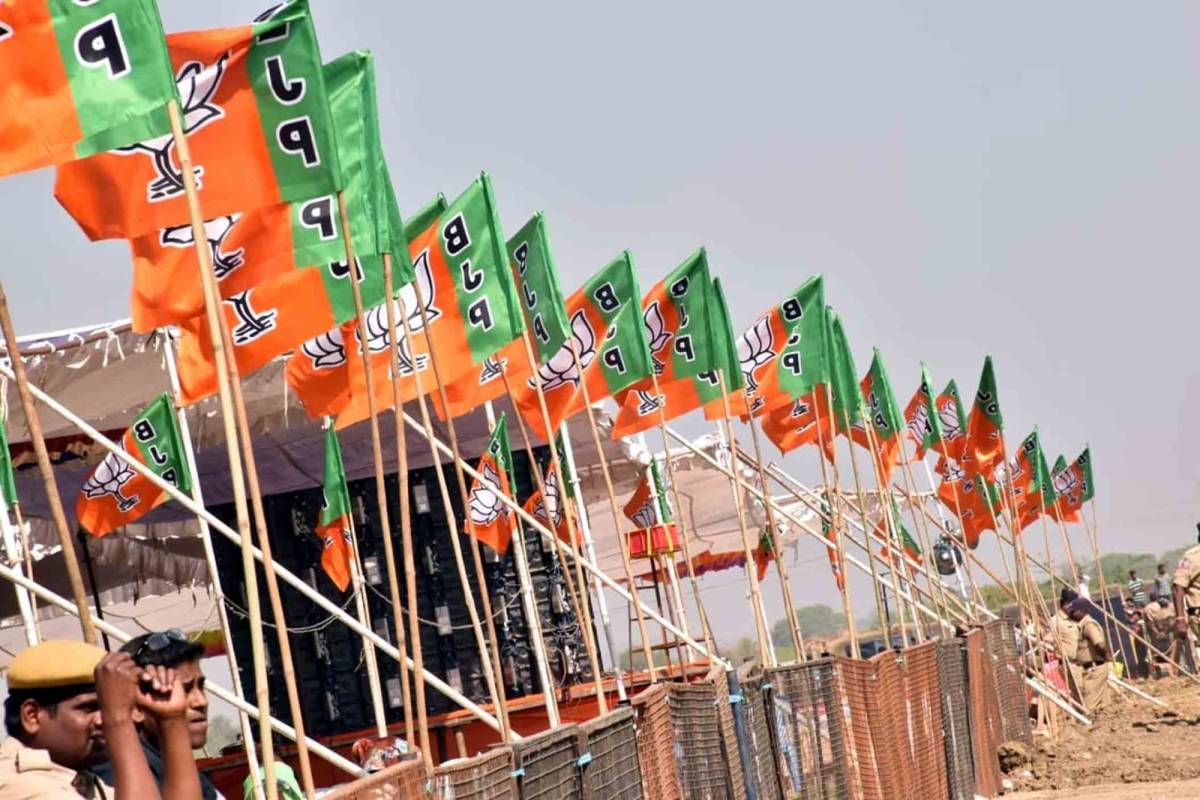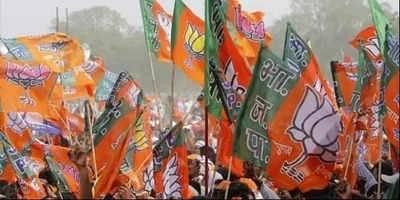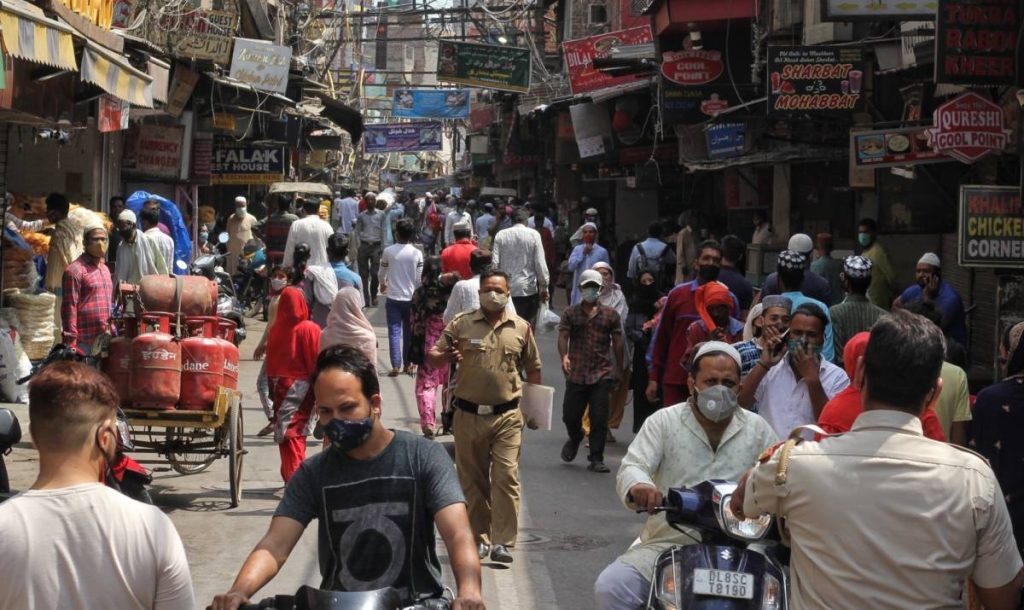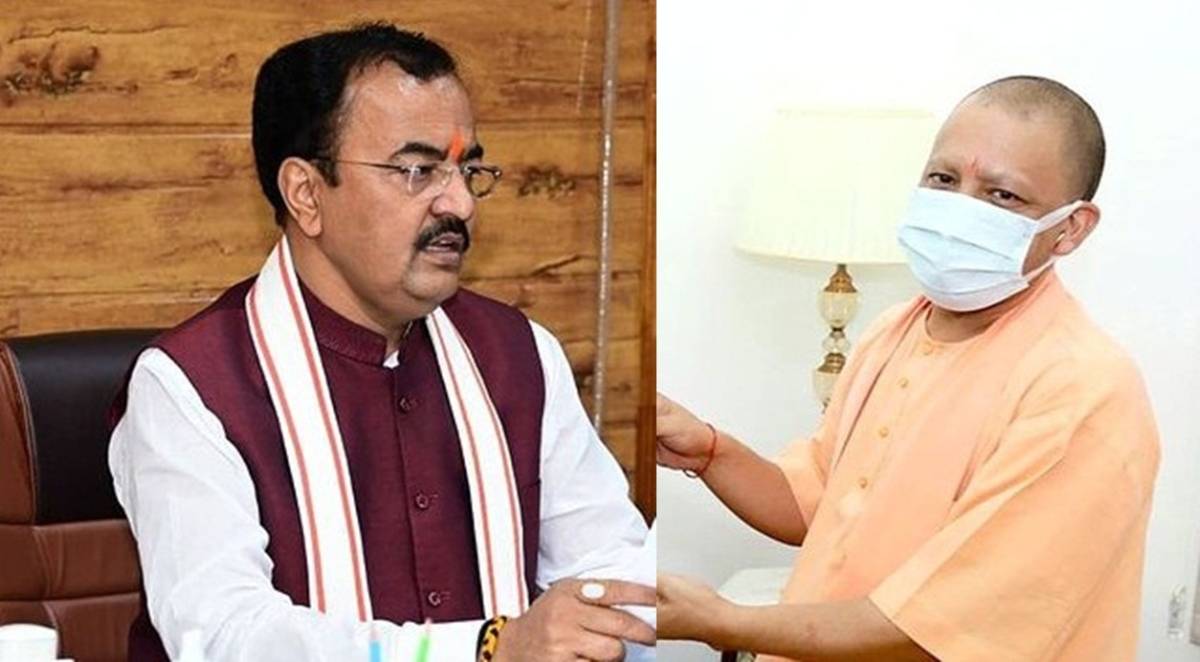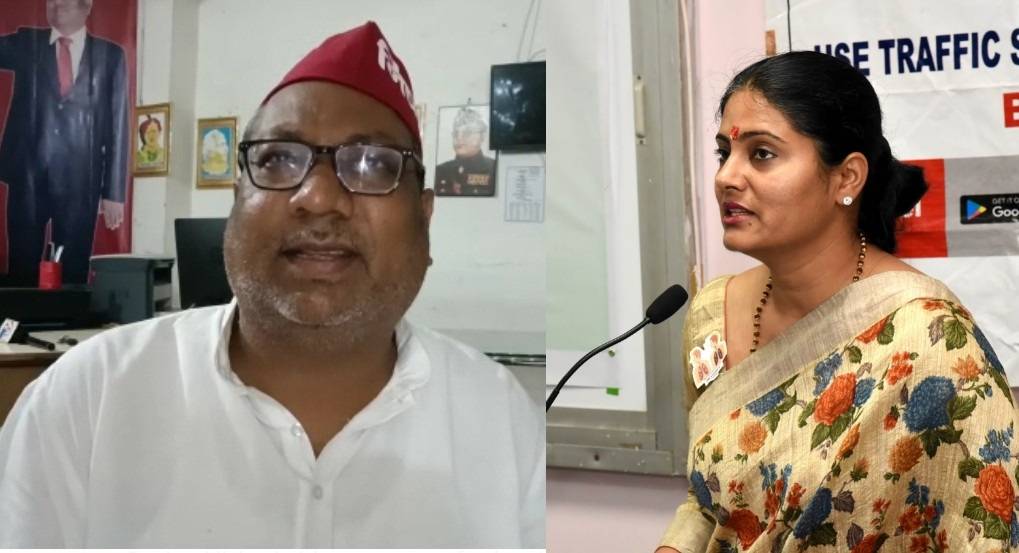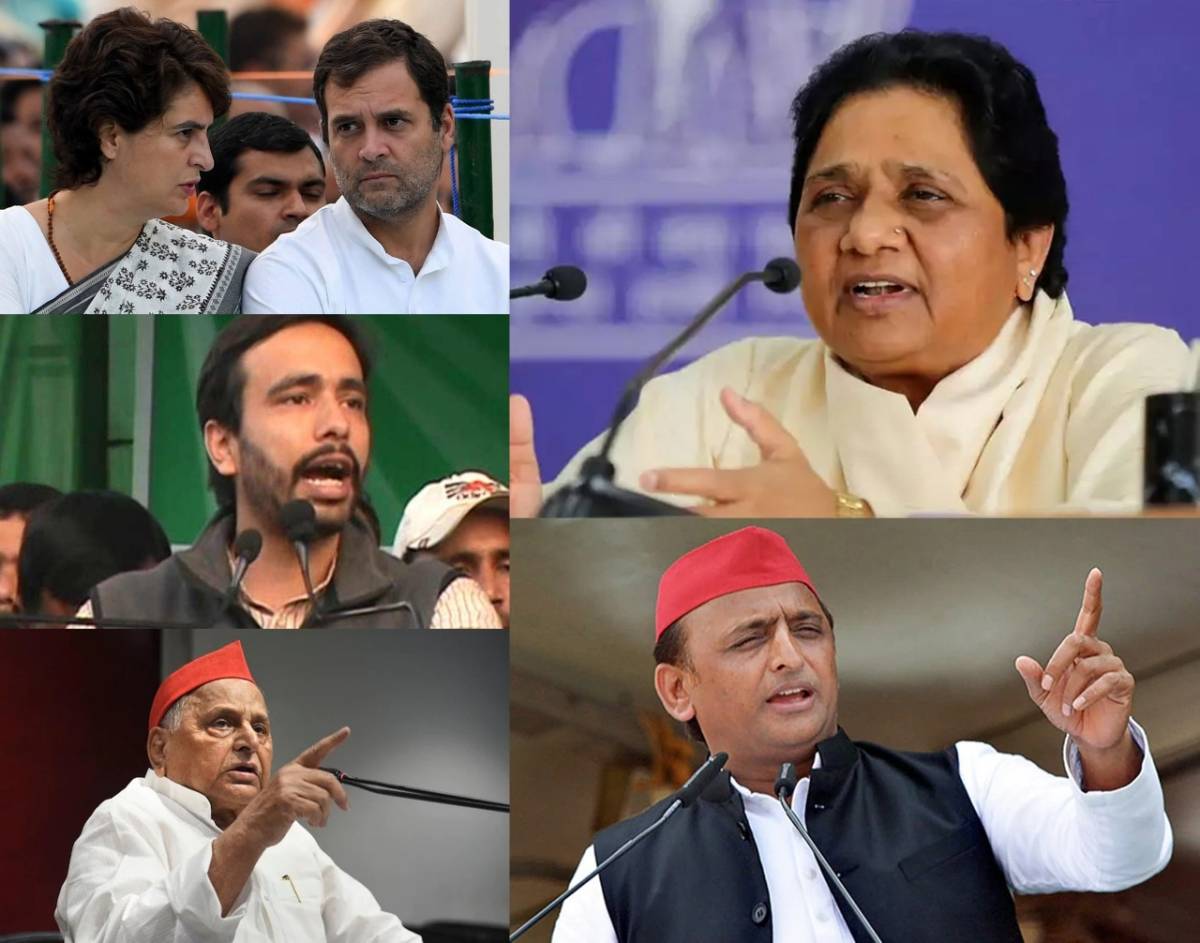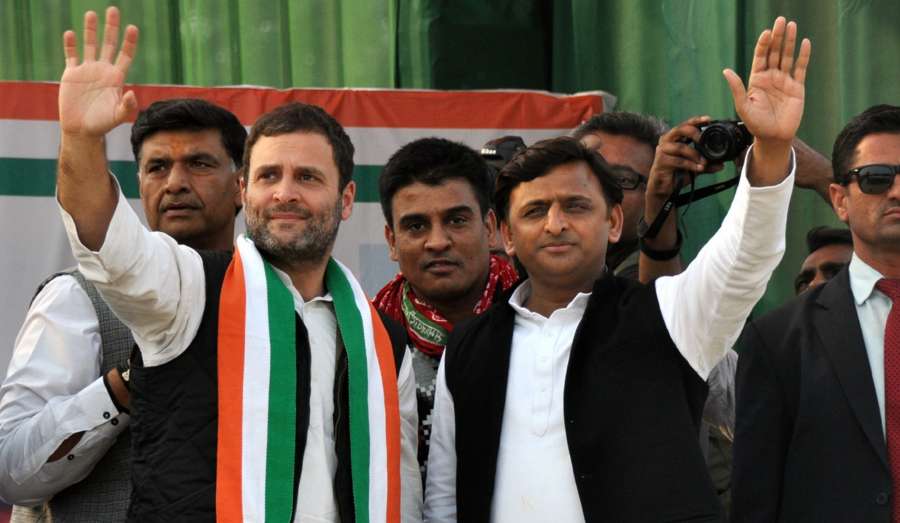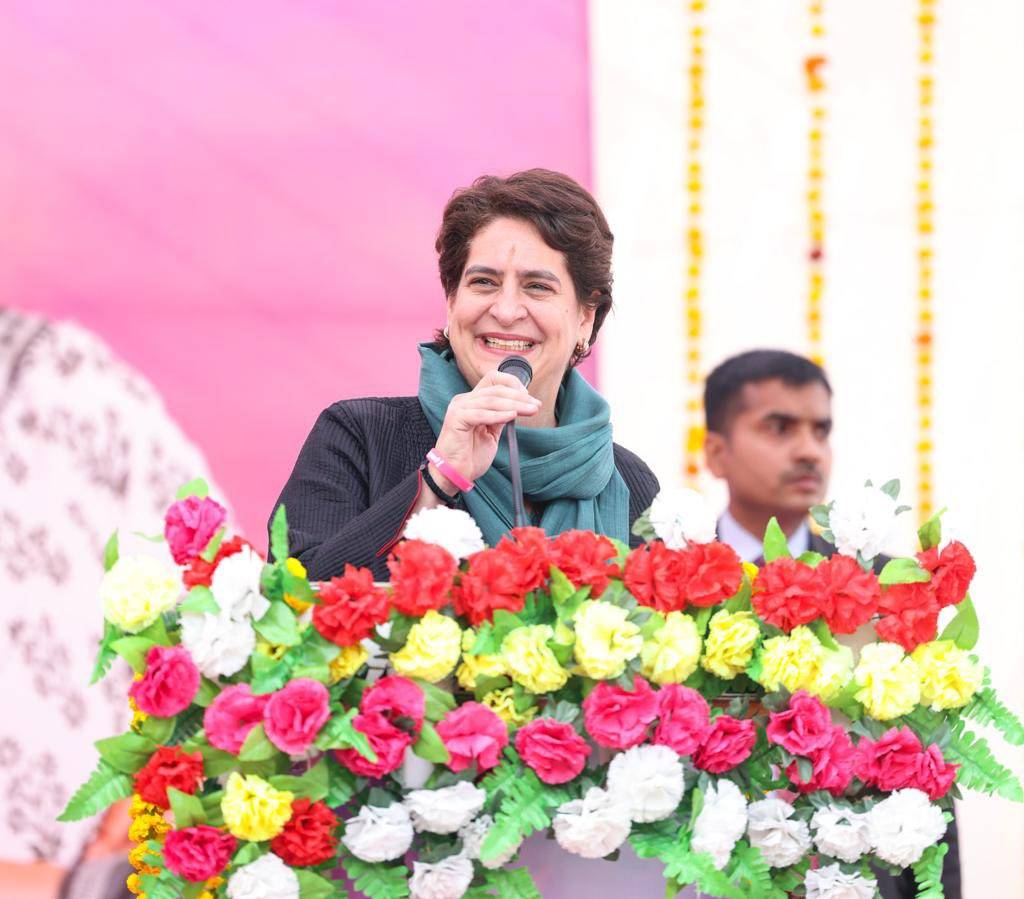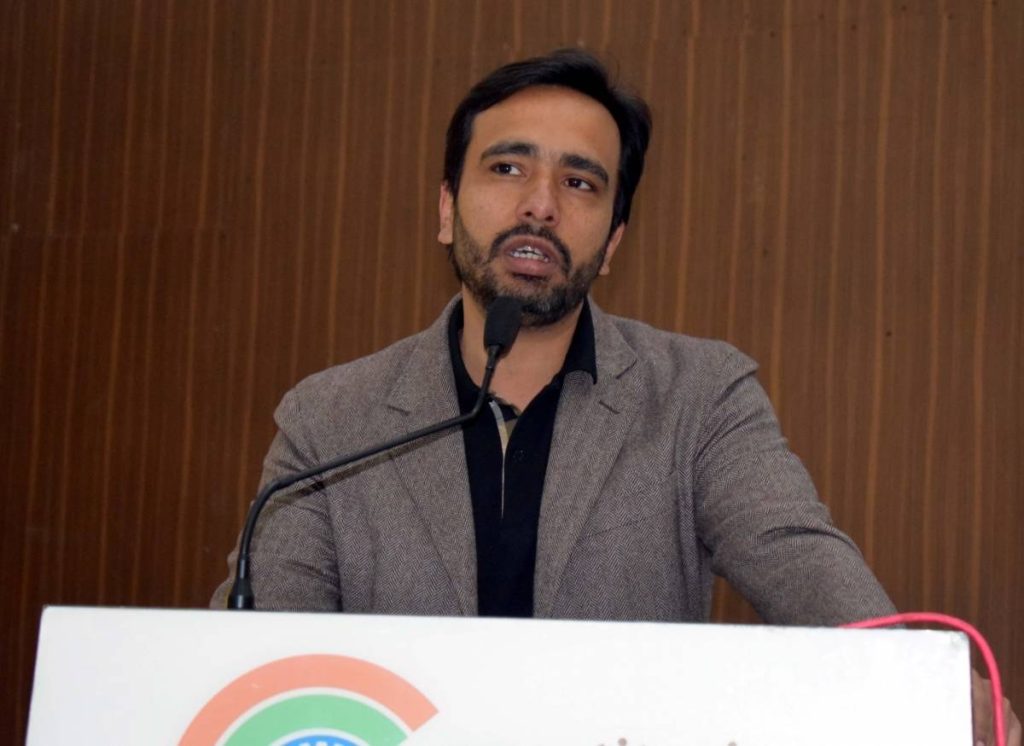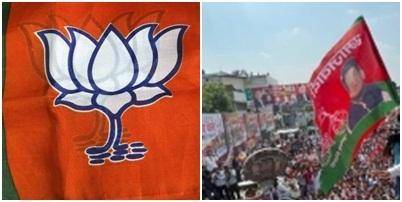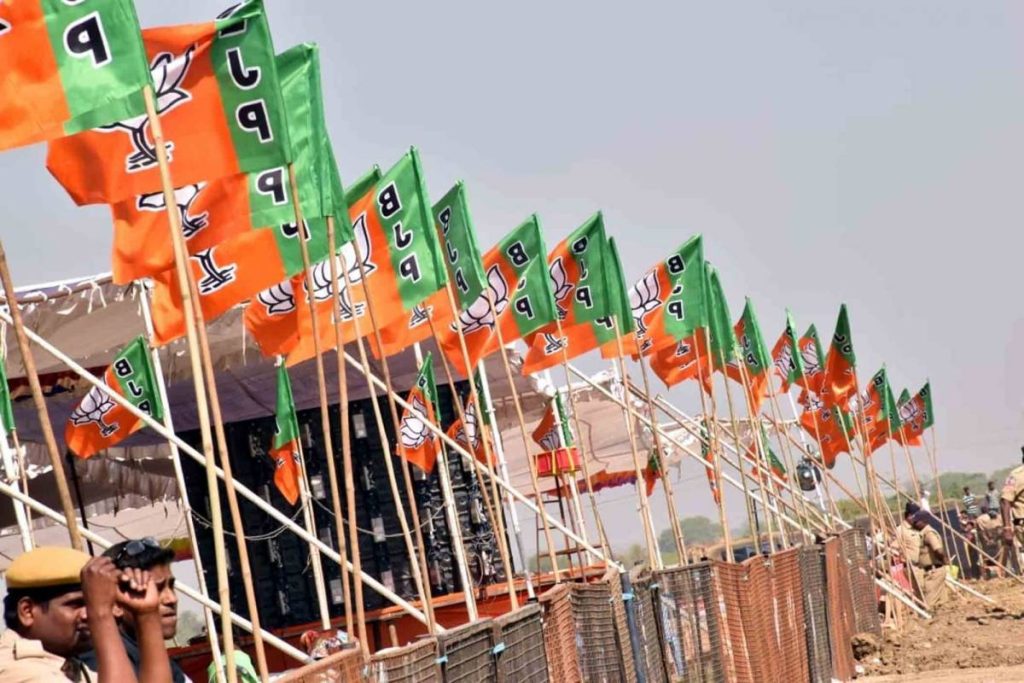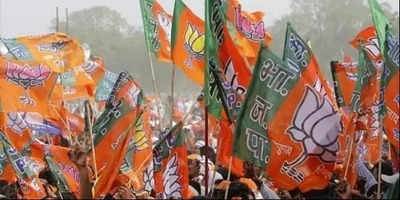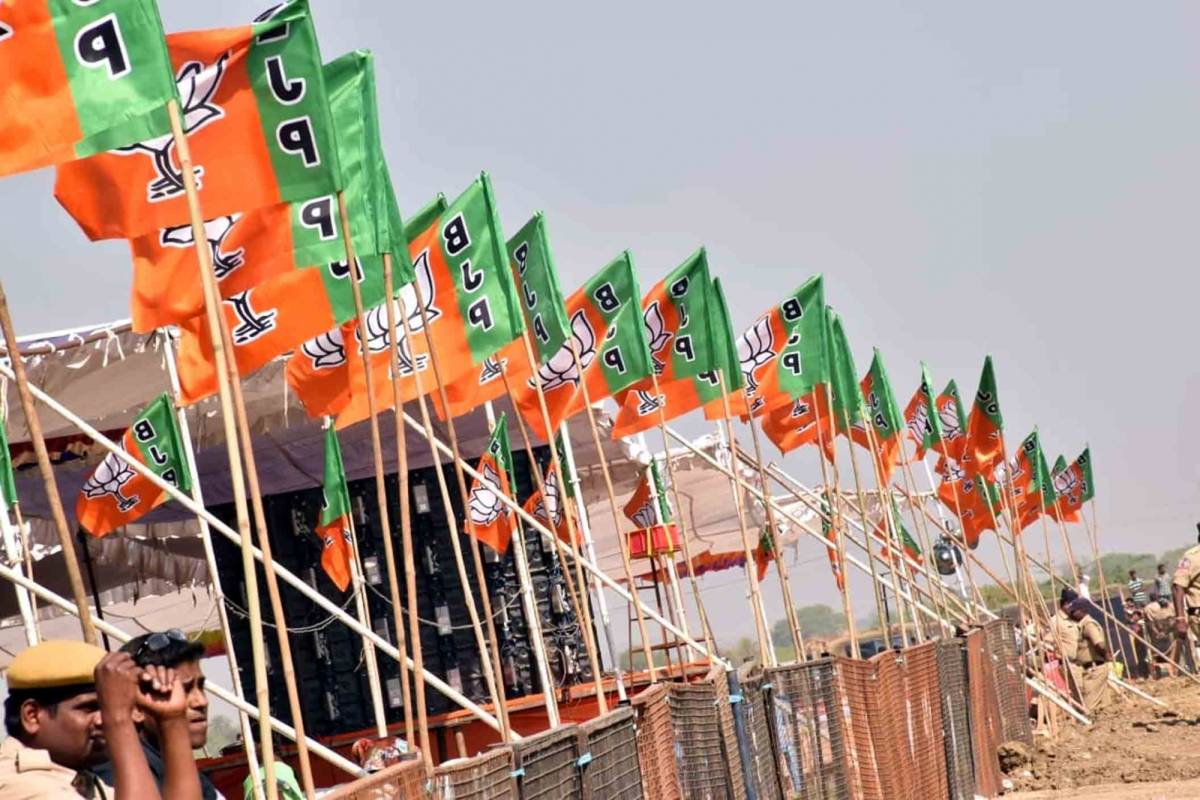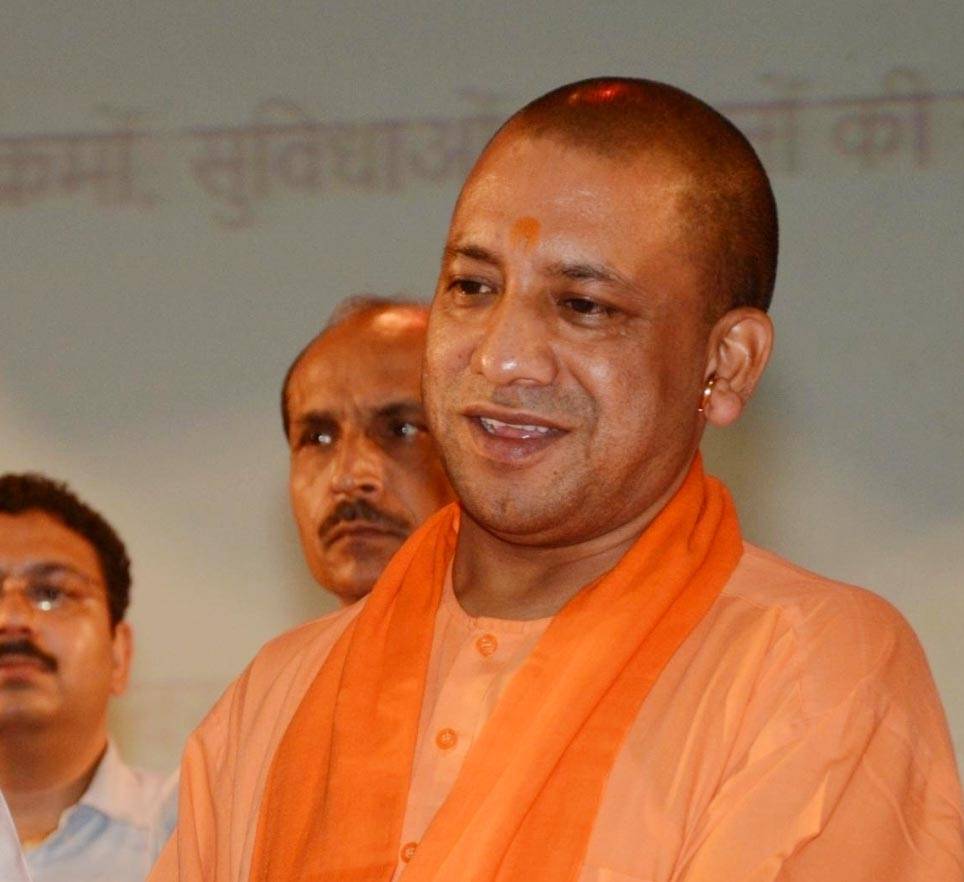Political parties in Uttar Pradesh are hopeful that the Election Commission (EC) would allow public meetings with restrictions after January 31 and have started making plans accordingly…reports Asian Lite News
Bahujan Samaj Party (BSP) president Mayawati has become the first to announce her party’s poll campaign launch from Agra through a public meeting on February 2.
Major parties are finding it difficult to connect virtually with voters, especially in the rural areas where digital penetration is still not sufficient.
“Most voters in the rural interiors do not have smart phones and therefore do not access social media. Physical campaigning cannot be replaced with virtual campaigning at a short notice,” said a candidate in Sultanpur.
The campaigning had been restricted after the election notification on January 8 when the EC banned rallies, public meetings and road-shows — first till January 15 and then till January 31.
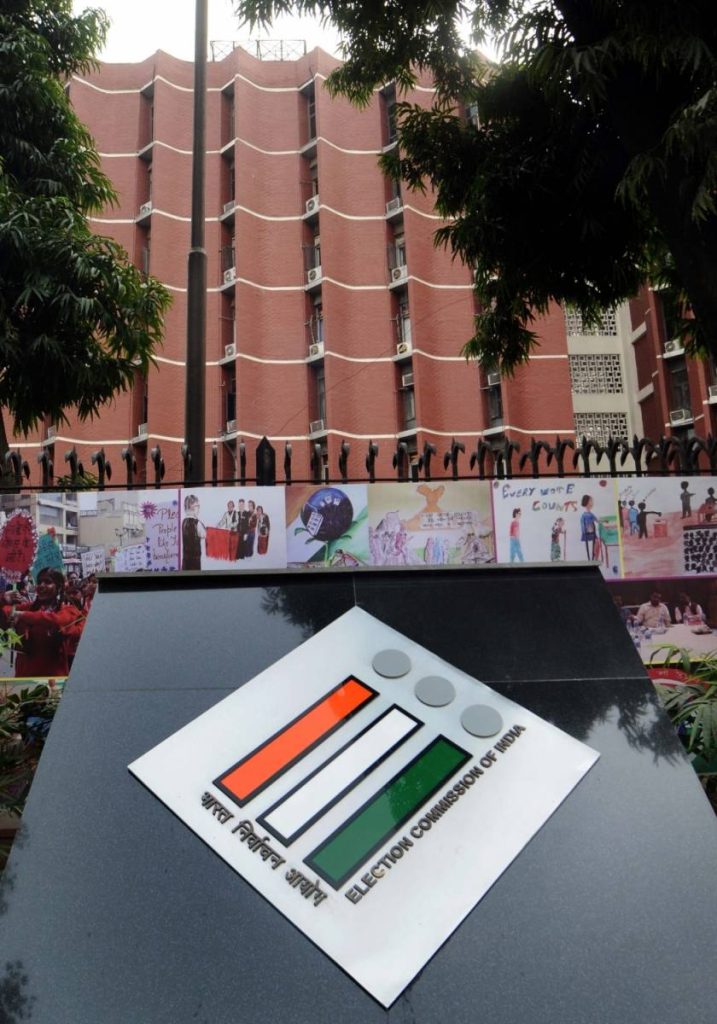
The Bharatiya Janata Party (BJP) that was apparently well prepared for the situation, hit the streets first from January 21 onwards with door-to-door campaigning by several top party leaders. The top leaders of other parties are now planning a re-launch of their campaigns.
The Samajwadi Party (SP) withdrew its physical campaigns after the January 14 event at the SP state headquarters in which the former BJP minister Swami Prasad Maurya and Dharam Singh Saini joined the party. The Lucknow police had filed an FIR and the ECI had issued a notice to the SP over the event.
SP spokesperson Abdul Hafiz Gandhi, said, “Our national president Akhilesh Yadav and the allies were doing intensive campaigning. The Vijay Rath Yatra was so successful that it became a talking point all over. But the SP and ally leaders withdrew from the campaign scene following the ECI’s MCC and Covid guidelines. Also, in the meantime, we are busy strategizing in the war room. The campaign will resume as and when EC allows.”
SP chief Akhilesh Yadav has also said, “I am waiting for the ECI. My rath yatra will resume, once permitted, even if it means me riding the rath alone”.
Rashtriya Lok Dal (RLD) spokesperson also said that party chief Jayant Chaudhary will plunge into campaigning as soon as the curbs are relaxed. “Till then we are campaigning door-to-door,” he added.
ALSO READ: Elections in 5 Indian states from February 10 to March 7
Suheldev Bhartiya Samaj Party (SBSP) national spokesperson Piyush Mishra said, “Our president Om Prakash Rajbhar was intensively busy in campaigning solo. He will be back in action leading the party’s ‘Ghera dalo, dera dalo, gaon chalo abhiyaan’ — a village to village campaign programme — and when curbs are lifted, he and Akhilesh Yadav will address joint meetings.”
Mahan Dal chief Keshav Dev Maurya, Apna Dal (Krishna Patel) chief Krishna Patel and ex-BJP minister and now SP leader Swami Prasad Maurya, who have been doing the SP’s virtual rallies, will soon hit the roads as soon as EC announces relaxations.
The Congress, however, was being cautious.
Congress spokesperson Anshu Awasthi said, “If actual campaigning is allowed once again, then once again our leader Priyanka Gandhi Vadra and other star campaigners will hit the roads. The Congress would appeal to the ECI to exercise caution because Covid is still very much there.”


